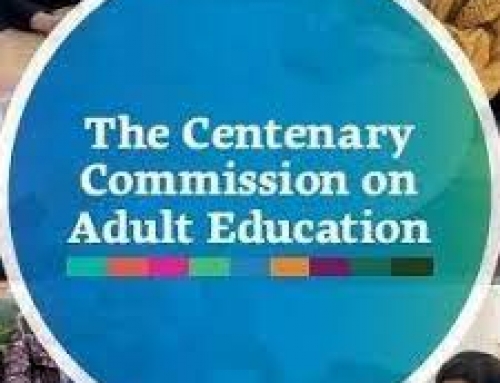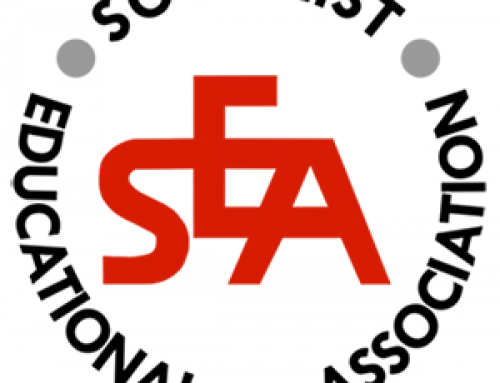Comprehensive Future is hosting a webinar on September 19th at 11.30am, ‘What Would a Socially Just Education System Look Like?’ In the lead up to the event we have asked several organisations to discuss what a socially just school system means to them. This first blog is by Will Millard, Head of Engagement at The Centre for Education and Youth (CfEY).
One of the best parts of my job is visiting schools and speaking to young people. This has been one of the things I missed most during various lockdowns. I recently visited a secondary special school that caters for pupils aged 11 to 19 with moderate learning difficulties. I talked to two sixth formers, asking them what their goals are for the future. Our conversation shows how schools do not operate in a vacuum. For education to become more socially just, society must become more socially just.
One student, Kate (not her real name), has a quiet gravitas and exudes kindness. She explained that she wants to become a special school teacher. This would mean Kate could help students who, like her, sometimes find learning difficult, but who ‘want to make something of themselves’. ‘I’d be a good teacher because I understand what it’s like to find things difficult’. Kate has completed work experience in local schools to learn more about teaching and refine some of the skills that might help her in the classroom in future.
James, again not his real name, is already a commercially successful painter despite still being a sixth former, and has his eyes set on a career as an artist. I asked how he’d managed to make headway in such a notoriously competitive industry. Energetic and funny, James shrugged humbly and said, ‘I just put myself out there, and people seem to like my work.’
Acknowledging the steps Kate and James had already taken towards achieving their longer-term goals, I asked what they feel stands in their way. ‘I’m finding out whether I can apply for teacher training’, Kate said. ‘I’m not sure if I have the right grades. I know I’d be good, though, even if my grades aren’t perfect’.
‘My issue is that people hear I have autism, and judge me before they’ve met me’, James explained. ‘I applied for a painting course and they told me I couldn’t participate because they didn’t know how to cater for someone with ‘disabilities’, even though my artwork is already on show in galleries!’
Of course exam grades are important and relevant in many contexts. However, judging Kate only by her academic grades makes no sense at all, given her work experience, lived experience, passion, drive and empathy. Likewise, writing off James’ artistry because of his ‘disability’ is self-evidently reductive, given the success he’s already enjoyed exhibiting his paintings in galleries.
Kate and James’ schooling has done a fine job of cultivating their individual interests and passions. What stands between them and their flourishing in future sits beyond the school gates. Everyone – public services, employers, individuals – all have a role to play in ensuring we achieve socially just outcomes for our young people. This was a key message in The Centre for Education and Youth’s recent book, Young People on the Margins. We not only need greater understanding and collaboration between education, health and social services, but across all aspects of public policy where it affects young people.
#
Book your ticket to the ‘What Would a Socially Just Education System Look Like?’ webinar HERE.
Comprehensive Future needs your financial support, please consider donating to help us continue our campaign. DONATE NOW.


